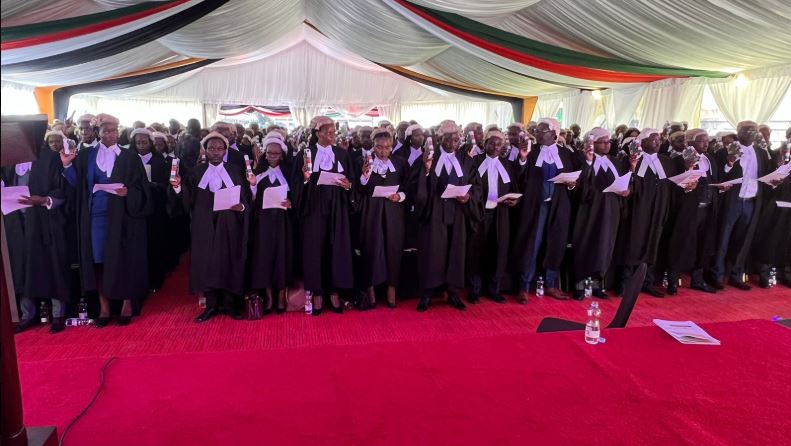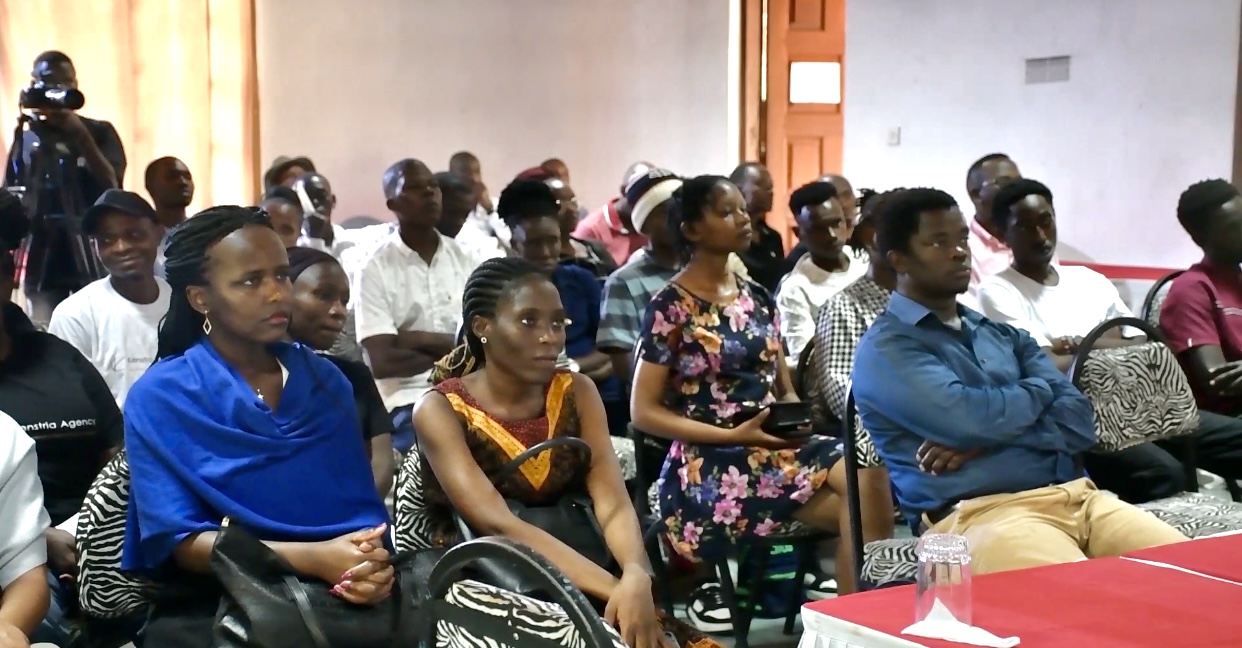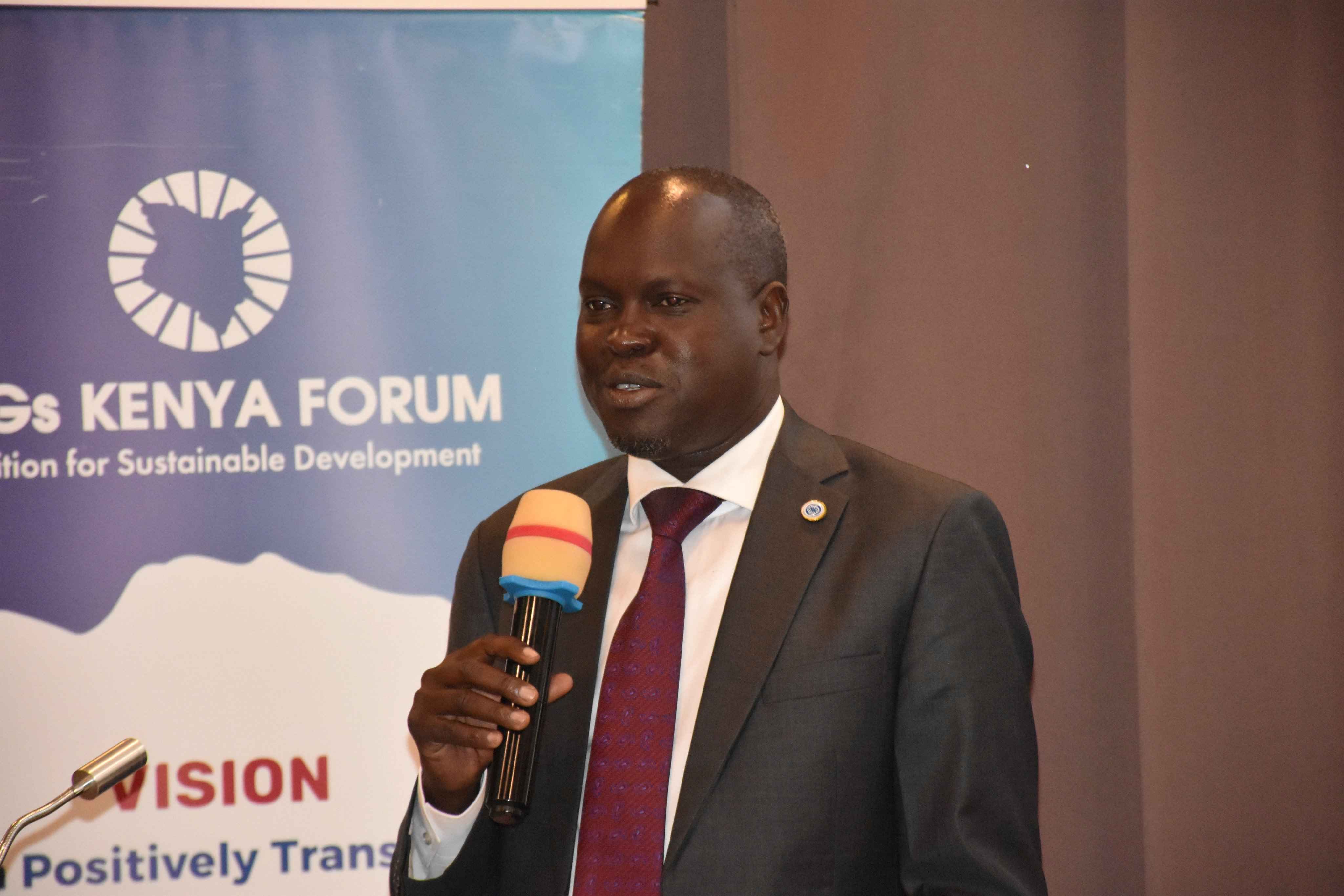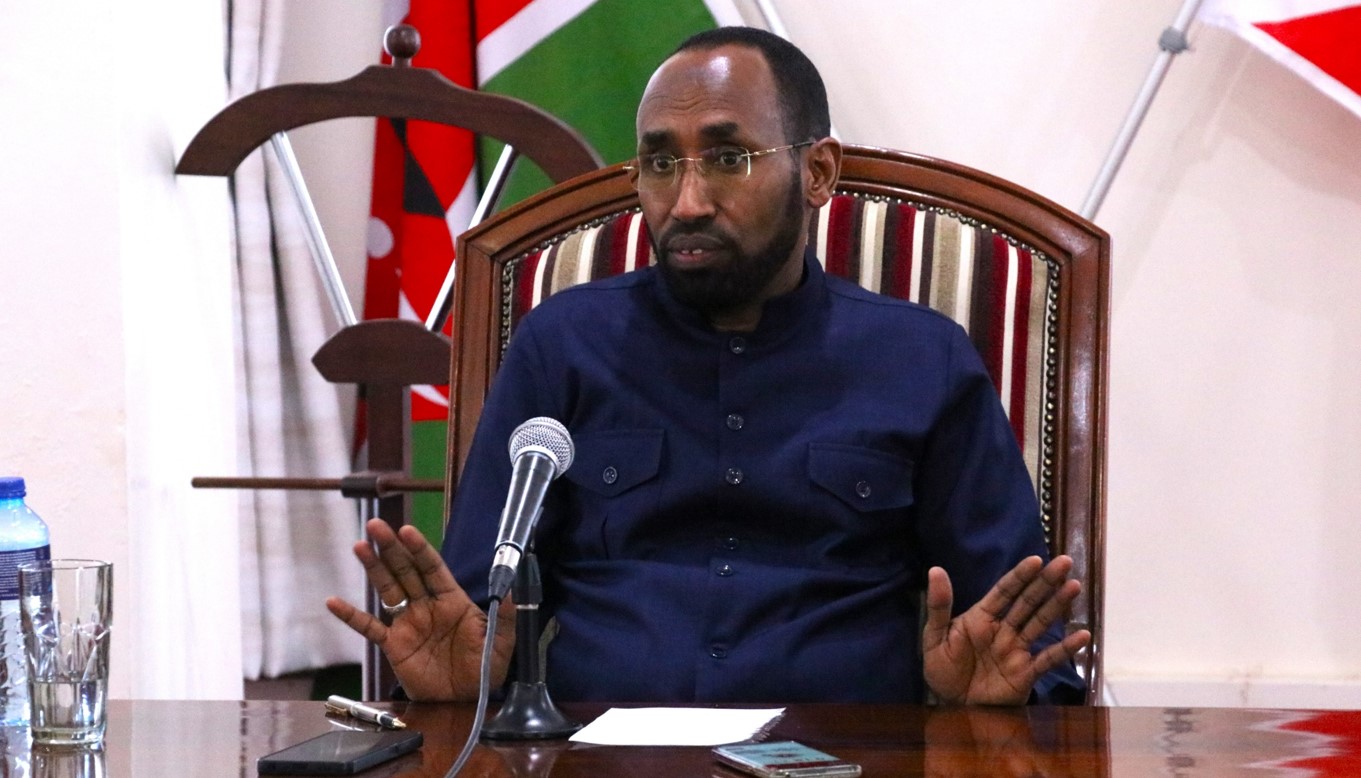Law students caught in crossfire of policy conflicts, budget cuts

At the centre of the storm is the Advocates Training Programme (ATP), the final step required to qualify as a lawyer in Kenya.
Conflicting policies, slashed budgets, and crumbling support systems are pushing Kenya’s legal education sector into a full-blown crisis, with thousands of students caught in the middle.
A government-appointed committee has raised alarm over the financial instability at the Kenya School of Law (KSL) and the Council of Legal Education (CLE), warning that continued budget cuts and legal contradictions could shut out many qualified graduates from joining the profession.
More To Read
- LSK warns IPOA of legal consequences over delayed police brutality investigations
- LSK calls for urgent action amid allegations of organ trafficking in Kenya
- High Court gives state 21 days to prove withdrawal of Gates Foundation’s diplomatic immunity
- Renowned human rights lawyer Pheroze Nowrojee dies
- Outrage as Police IG Kanja speaks at Ruto's political rally, LSK terms it unconstitutional
- Havi challenges High Court’s jurisdiction in CJ Martha Koome case against JSC
At the centre of the storm is the Advocates Training Programme (ATP), the final step required to qualify as a lawyer in Kenya.
According to the report, the CLE’s budget was reduced by 202 million shillings in 2024, forcing the agency to consider raising exam fees to stay operational.
The Kenya Law Reform Commission committee has recommended fee hikes across several services under CLE’s mandate to offset the shortfall.
“The committee recommends that the council of legal education consider increasing the examination fees,” the report states.
“CLE should consider increasing fees for the services offered in its regulatory mandate,” the committee, chaired by Christine Agimba, said in the report submitted to Attorney General Dorcas Oduor.
KSL, on the other hand, has already shut down its tuition loan scheme, cutting off support for students from poor backgrounds.
The school, which relies heavily on student fees and internal services to generate revenue, is now considering raising tuition and expanding its commercial services to survive.
“The committee recommends that KSL consider increasing the ATP fees, offering more courses, hospitality services, and admitting more foreign students to boost revenue,” the report notes.
The crisis has exposed long-standing policy contradictions that have made legal education inaccessible to many.
The KSL Act imposes strict entry qualifications based on high school grades, locking out diploma holders and students from alternative academic paths.
Meanwhile, CLE’s attempts to create flexible entry routes have been repeatedly struck down by the courts for clashing with the KSL Act.
As a result, many law graduates find themselves trapped, qualified on paper but unable to proceed due to admission rules and rising costs.
Those who do qualify face high failure rates in bar exams and now risk paying even more for resits and remarks.
With CLE struggling to meet basic costs and exam delivery at risk, experts warn that without urgent action, legal training will deteriorate and Kenya could end up with a weak and poorly equipped legal workforce.
Top Stories Today
















































